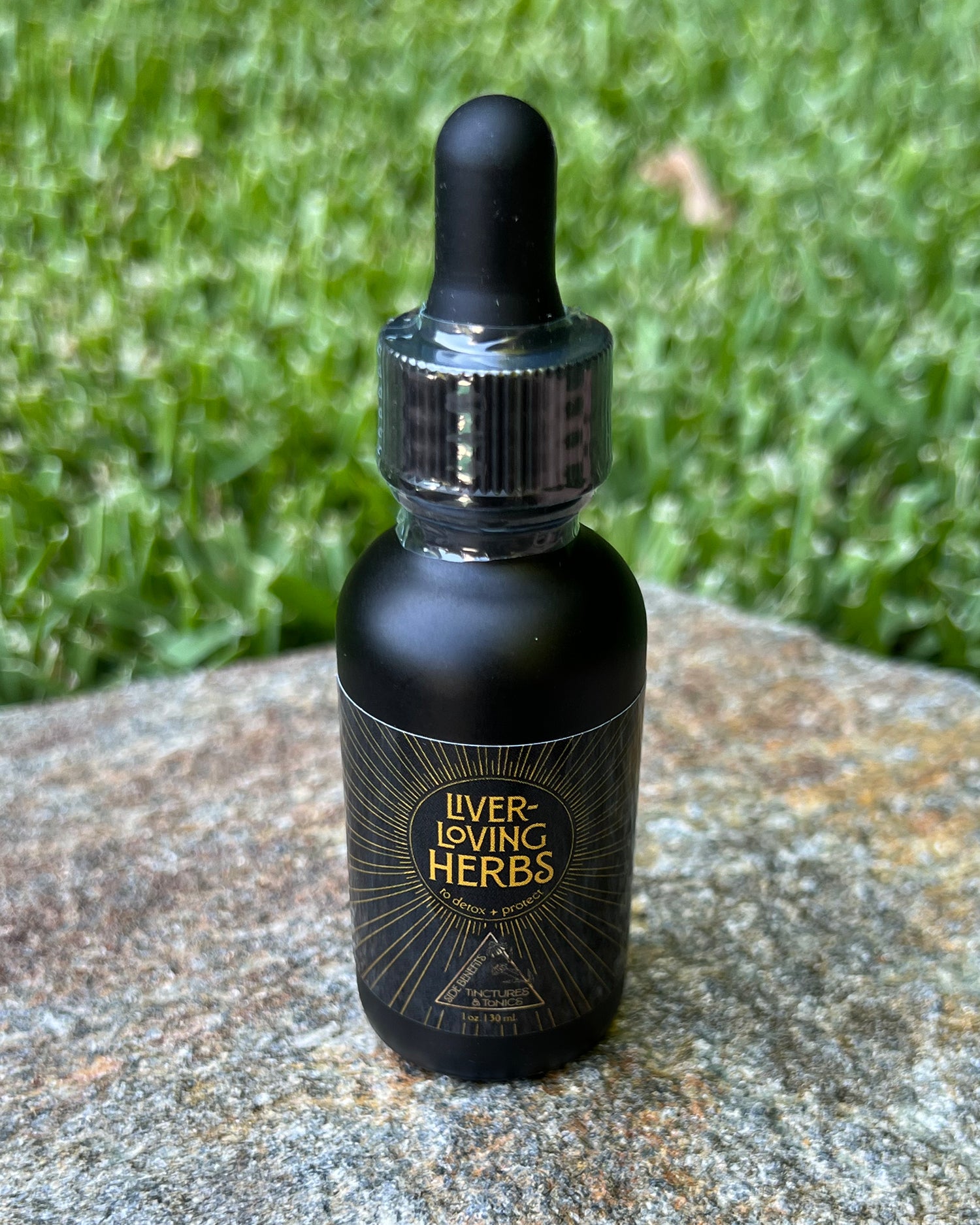Are the side effects of a semaglutide drug worth getting skinny for?
A lot of us are…Obese
Obesity affects over 40% of adults in the United States and according to the World Health Organization (WHO) there are 422 million people with diabetes mellitus (DM) and 318 million with impaired glucose tolerance (dysglycemia). Insulin resistance (IR) is the pre-pre-diabetic condition that occurs when excess glucose in the blood reduces the cell’s ability to utilize sugar in the bloodstream (glucose) for energy. This makes blood sugar regulation a crucial factor because when cells lose their ability to respond normally to insulin, the result is a build-up of glucose in the blood. The body attempts to deal with the excess glucose by producing more insulin. Over time, the pancreas loses its ability to produce insulin as the cells become more and more “resistant” to insulin’s effects. IR can eventually result in type 2 diabetes, gestational diabetes, and/or metabolic syndrome.
“Metabolic syndrome” describes the group of physiological changes beginning with insulin resistance and may eventually snowball to heart disease, circulation issues, kidney damage, and more. Poor diet is one of the biggest contributing factors, but other factors such as exposure to toxins, a sedentary lifestyle, chronic inflammation, and chronic stress also lead to blood sugar dysregulation.
There are many signs & symptoms that are related to blood sugar dysregulation however, most people have no idea they are out of balance. Dysregulated blood sugar symptoms may include fatigue, “hangry” feelings, shaky feelings, intense cravings for starchy foods and/or sugar, brain fog, weight gain, high blood pressure, and a poor LDL cholesterol profile. Elevated blood sugar and insulin promote inflammation and cause a hormonal cascade that also makes it hard to stay in a good mood, have a healthy sex drive, and so much more.
Could a Pill or Injectable Help?
There is currently a lot of media buzz surrounding a new injectable (extremely expensive) pharmaceutical on the market designed to lower blood sugar in Type 2 diabetics. The “buzz” surrounding it is mainly due to its weight loss effects though. Ozempic is a semaglutide pill touted to help manage blood sugar and lower the risk of heart attack and stroke in those that also have heart disease. There’s also an oral semaglutide pill, called Rybelsus, and an even higher-strength version designed for weight loss specifically, called Wegovy.
How it Might Work
One important hormone involved in digestion is called glucagon-like peptide-1 (GLP-1). It is secreted in the intestines and targets receptors throughout the body and brain. After you eat food, GLP-1 is the hormone that tells your pancreas to release insulin (and it promotes the growth of beta cells – which make/secrete insulin), blocks your liver from releasing sugar (by inhibiting glucagon secretion), blocks stomach acid production, slows down how fast food leaves your stomach, and affects gut motility (how fast or slow things move through the gut). It also sends the brain the “I’m full” signal.
Semaglutide mimics GLP-1 and enhances its receptor sites. Essentially, the drug makes it so that you feel fuller sooner – by delaying stomach emptying – so you don’t eat as much. Obviously, even getting a synthetic signal that you’re full can be beneficial if you’re Type 2 diabetic or trying to lose weight – it’s the delayed stomach emptying though, that results in common side effects such as heartburn (because it also suppresses stomach acid production), feeling too full, nausea, vomiting, gas & bloating, and diarrhea. Eating smaller portions is pretty much the only thing that helps with this overly-full feeling, but this results in undereating – hence the rapid weight loss effects that the media have been pouncing on. But when you lose weight rapidly from undereating, you lose muscle, your hormones become imbalanced, and you can become malnourished. The more damaging side effects of using a semaglutide drug include pancreatitis, hypoglycemia, kidney issues, gallbladder issues, or thyroid tumors or even cancer. The average retail cost of Ozempic without insurance can range upwards from $850 per month and with insurance the cost varies by insurance plan.
Is the weight loss sustainable? No. The answer is no. Are the side effects and cost worth it? That’s up to you.
Sustainable Weight Loss Tips
- Stay away from sugar and refined carbohydrates as these foods just turn to glucose in the bloodstream and put you on the “blood sugar rollercoaster.” If you’re having refined carbs, always include protein, fat, and/or fiber with it. I also recommend avoiding artificial sweeteners as they can trick your brain and body into thinking it is getting sugar and your pancreas still secretes insulin as a response. Sugar makes increases fat storage and raises LDL cholesterol due to the damage it does to arterial endothelial cells, which then causes systemic inflammation. Sugar also suppresses the immune system by feeding pathogens like Candida, fungus, and other bad bacteria in the body. Sugar also affects brain chemistry, contributing to anxiety, hormonal mood swings, and sleep issues.
- Eat more protein. Lack of protein affects everything from mood to hormone imbalances, it contributes to blood sugar dysregulation, and it even delays tissue repair. You should always think about high-quality protein first when you think about eating a meal. When you consume more protein with each meal, you’re releasing more GLP-1, which helps you feel fuller. Protein is essentially the building blocks of everything in your body – cells, hormones, neurotransmitters, enzymes, skin, muscle…yep, everything.
- Consume more healthy fats. Saturated fats such as grass-fed butter, ghee and lard increase GLP-1 along with monounsaturated fats such as avocados, olives, olive oil, nuts, seeds. Polyunsaturated fats don’t increase GLP-1 at all (avoid bad fats).
- Eat the rainbow. Flavonoids such as EGCG, quercetin, and resveratrol…increase and enhance GLP-1 and are great for improving glucose tolerance. Think citrus fruits (zest the rinds!), apples, onions, parsley, sage, red wine, olive oil, grapes, dark berries, etc.
- Eat more bitter foods/herbs. Arugula, endive, radicchio, dandelion greens/roots, milk thistle, coffee, sesame seeds (tahini), turmeric, ginger, cacao, citrus peels, etc. as bile acids stimulate GLP-1 (signaling molecules).
- Don’t skip meals or go too far between. Plan ahead to ensure you’re having a balance of protein, fat, and fiber for breakfast, lunch, and dinner. Eat until you’re 80% full.
- Limit snacking. If you’re frequently reaching for snacks between meals – especially those that are sugary or starchy – then you’re probably not eating enough at each meal to help you stay fuller for longer. Foods like fatty fish, grass fed beef, chicken, eggs, olives and avocado will help fill you up, which can reduce snack cravings between meals.
- Move your body for at least 20 minutes per day. This improves glucose metabolism and insulin sensitivity. Strength training and cardio are ideal, but you can always just start with walking and stretching.
- Prioritize sleep. You're more likely to reach for sugary and starchy foods when you're tired because they provide the body with instant glucose that initially increases your energy before dropping down again (aka “blood sugar rollercoaster”). Sleep deprivation may also increase insulin resistance.
Therapeutic Supports
| Lipoic Acid: Studies have shown that lipoic acid – which acts as an antioxidant – improves insulin sensitivity and supports healthy blood sugar levels | Chromium: According to research, chromium – an essential trace mineral – supports healthy blood sugar levels |
| Berberine: A 2019 study found that berberine “can effectively regulate blood glucose and blood lipid of patients.” A meta-analysis found that berberine (in conjunction with appropriate dietary and lifestyle changes) indicated that berberine has comparable therapeutic effect on type 2 diabetes, hyperlipidemia and hypertension with no serious side effects |
Turmeric: Curcumin (turmeric’s active ingredient) was shown to increase insulin sensitivity, which leads to lower blood sugar levels. Ask your practitioner about a high-quality supplement and it you’re using it in food, be sure to always add a dash of black pepper to increase absorption and BONUS, the antioxidants in black pepper also help keep blood sugar levels low |
| EGCG: Epigallocatechin-3-gallate (EGCG) is a polyphenol extract from green tea that has been found to enhance the insulin-signaling pathway | Taurine: A deficiency of taurine in can cause metabolic impairment and dysfunction in various tissues leading to health problems |
| CoQ10: A 2018 study indicated that CoQ10 had beneficial effects on glucose metabolism, malondialdehyde (MDA), and advanced glycation end products levels (AGEs) |
|






